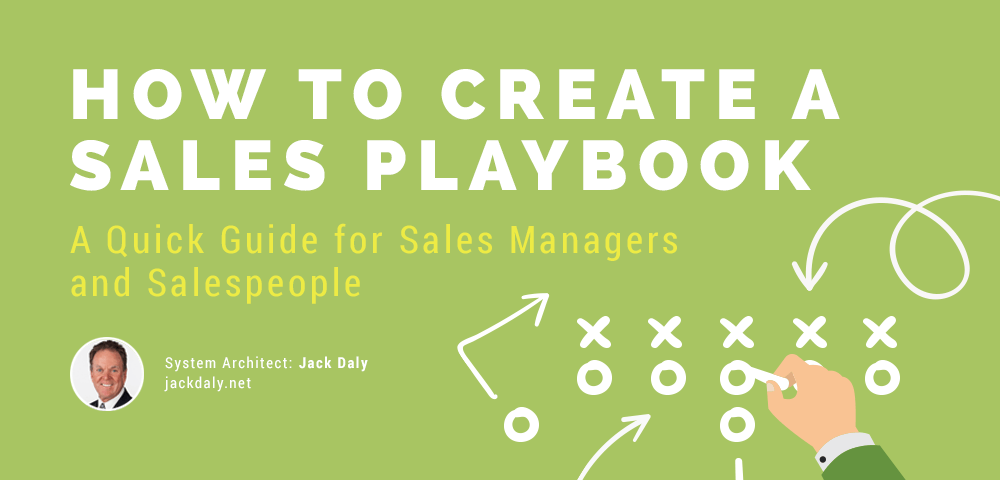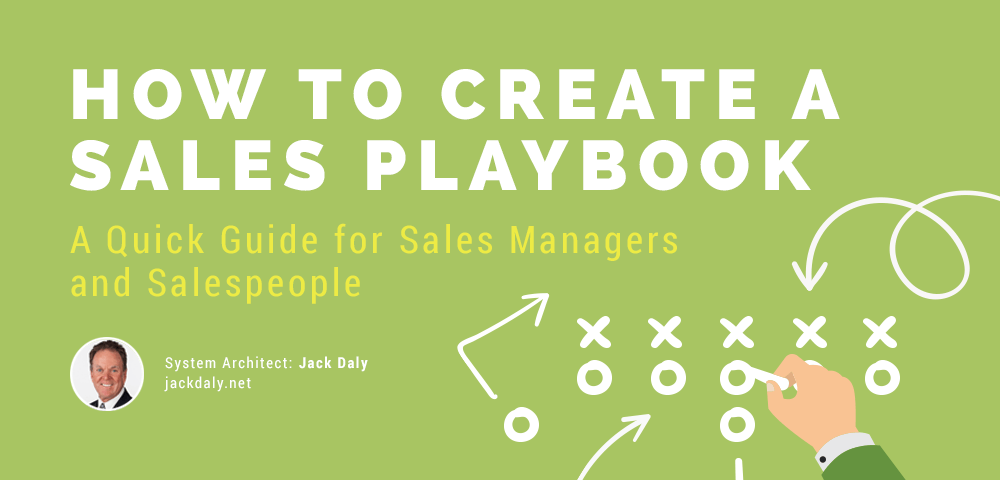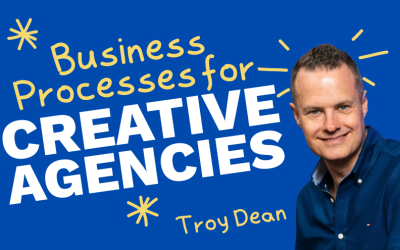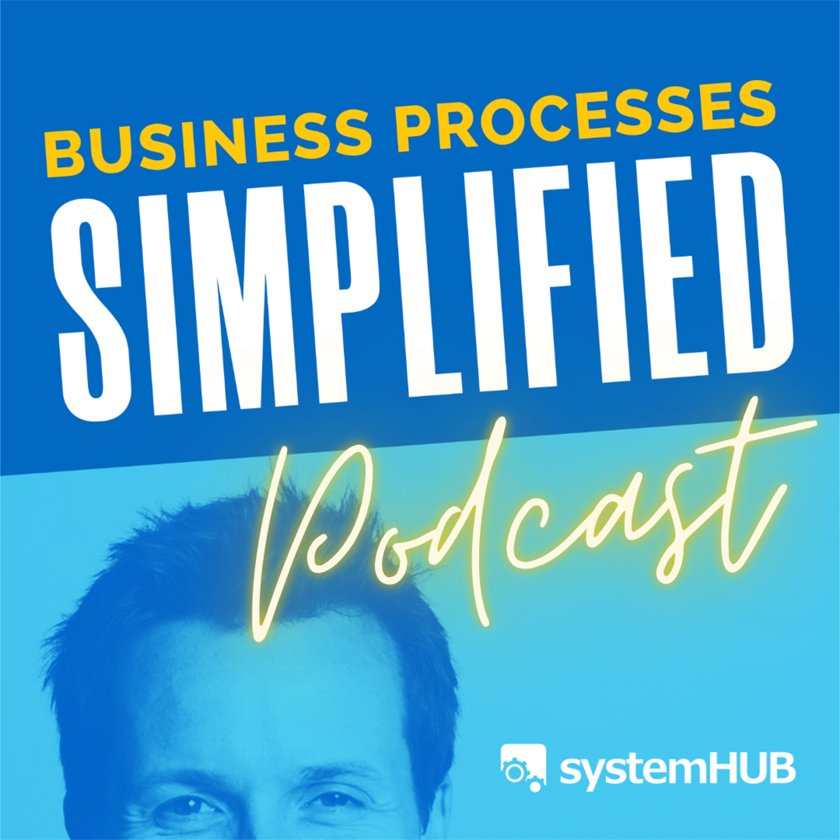System Architect | Jack Daly: jackdaly.net
Sales is crucial to business success—we all know that. What many people don’t know though, is that you could have the most innovative product in the market or the shiniest website on the Internet, yet they won’t mean anything until said assets produce or convert into revenue.
Often perceived as equal parts business, social science, and storytelling, sales are often spearheaded by experts oozing with confidence and tenacity to pursue leads. However, it takes more than those key characteristics to sustain consistent sales efforts that result in remarkable gains. It takes a process—a dynamic and systemised one—to put prospects into your funnel, and money into your pocket. To develop one, you need to define clear, specific steps, get buy-ins, and train the right people. And this is where the sales playbook comes in.
What is a sales playbook?
Simply put, a sales playbook is a document that outlines your ideal sales process, arms your sales team with all the relevant content and tools, and communicates how it all works and how to execute everything well.
Why should I create one?
Ever driven to a place you’ve never been before, then plugged the address into your GPS to let it sketch the route for you? Of course you have! Well, you need a sales playbook because, in the same way a GPS works for your car, it will keep your team from getting lost on the sales journey.
Just as a GPS easily provides the turn-by-turn directions to get to where you want to go, a sales playbook guides your sales team towards closing deals with the knowledge and resources they need.
Now developing a good sales playbook is work—but one with a big ROI. If you are unsure how to do it, then you’ve come to the right place because we have just the ideal system to help you get started.
How to Create an Effective Sales Playbook
Step 1: Define your personal goals and sales goals. Lead by example and have your salespeople do the same.
Clearly define how much business you want to do this year.
Break it into 4 pieces: write your goals; write a plan on how you are going to achieve these goals (specific identification of activities you need to do); have a system of measurement; have a system of accountability.
See an example of how Jack does it – click here.
Step 2: Ensure you have proactive pipeline management.
Every month, the sales manager reviews and inspects every salesperson’s list of prospects, customers, and clients, and the interactions with them.
- Note! A sales manager can manage up to 12 salespeople for optimal results.
- Exceptional companies make these reviews each week.

Step 3: Build a systematic touch system to maintain regular contact with prospects, customers, clients, and contacts.
- Identify 4 databases: prospects, customers, clients, and contacts (people you meet daily that don’t fit in the other 3 categories).
- Vary methods of touching – face-to-face, calls, emails, social media. Remember, it takes nine touches before your prospect knows you exist.
- Suggestions: Create a structured process with points of contact, timeframes, and templates that you can pass to your execution team. That will help keep your team accountable.
Step 4: Focus on building a perception of value.
- Create enough perception of value and enough trust, the price objection tends to diminish, if not entirely disappear.

Step 5: Ensure you adjust your style to match your prospects personality styles.
- 2 basic questions: Is the person in front of you more or less assertive? How does this person make his decisions – based on logic or based on emotion?
- Suggestion: There are 4 basic personality styles: driver, expressive, analytical and amiable. To further your knowledge ensure you and your sales team read, “The Platinum Rule: Discover the Four Basic Business Personalities and How They Can Lead You to Success” by Dr. Tony Alessandra
- Once you identify person’s identity, put that in your CMS (contact management system) right next to his name. Adjust your communication to suit the prospect.
Step 6. Create your sales success guide – script sales calls, objections and questions.
- The fact is, there’s hardly anything that goes on in a sales call that you couldn’t anticipate – so be prepared and prepare your sales team.
- Build and practice your answers to anything you hear. Include these in your playbook.
Every Business Needs a Sales Playbook
And this is because they help create a higher rate of success for the sales team. Sure, creating an effective sales playbook takes time and effort. But it has a huge payoff, in that it helps determine where the best opportunities lie, what major roadblocks exist, and which tools and resources are needed—fast—to tackle both. Oh yeah, and one more tiny thing, it substantially increases your team’s chances of making the sale.
As system nuts, we can talk about this all day. But if there’s one final bit of advice we can offer, it’s to never let your playbook go dormant like a large grizzly bear hibernating in a cave during winter. The last thing you want to do is to cling to an outdated playbook with practices that haven’t evolved with the times. Sales processes and strategies improve, new products get made, and customers change. So make sure to track your playbook usage, always measure its effectiveness, and update, update, update as needed.

System Architect – Jack Daly
Jack Daly brings over 30 years of field-proven experience from a starting base with CPA firm, Arthur Andersen, to the CEO-level of several national companies. Jack is a proven CEO/Entrepreneur, having built 6 companies into national firms—two of which he has subsequently sold to the Wall Street firms of Solomon Brothers and First Boston.
Diving into career highlights, he started a mortgage company with three colleagues in 1985, led as CEO, and raked in $42 million in profit in the first three years. In 1998, Jack, a senior partner at the time, helped a privately held enterprise get recognised as Entrepreneur of the Year by Ernst & Young and rank #10 on Inc. 500 list of the fastest growing firms nationwide. He’s also a two-time Amazon bestselling author for Hyper Sales Growth and Paper Napkin Wisdom.
An all-around awesome dude, Jack has completed 88 marathons over 49 states in the USA and15 Ironman races on 5 continents, and bungee jumped the largest drops of the world.
Website: jackdaly.net











